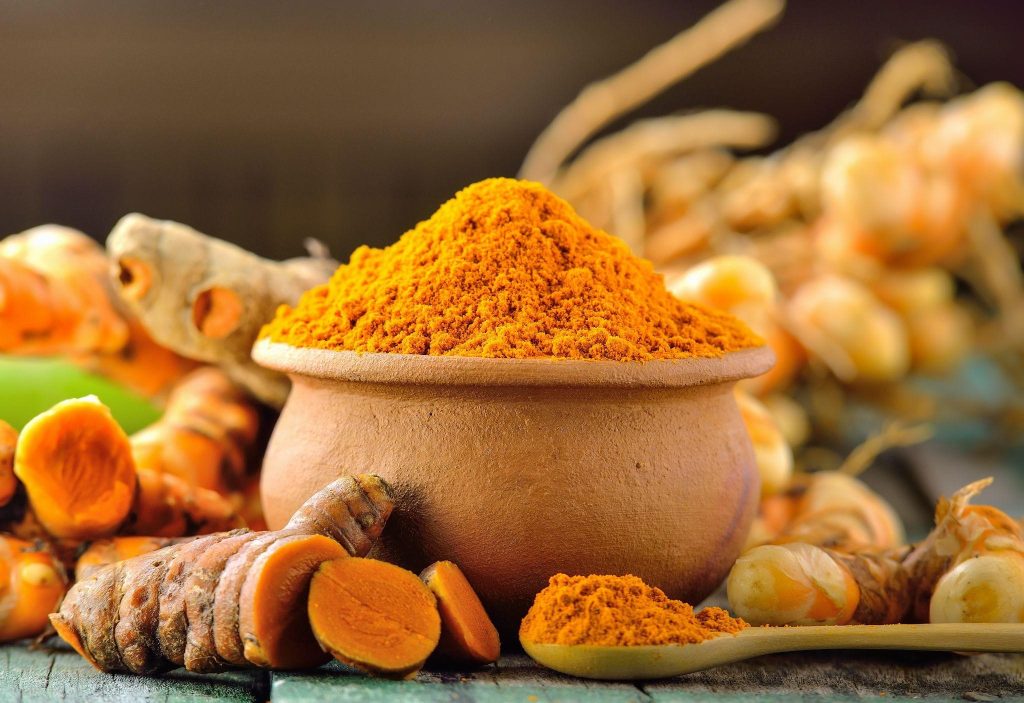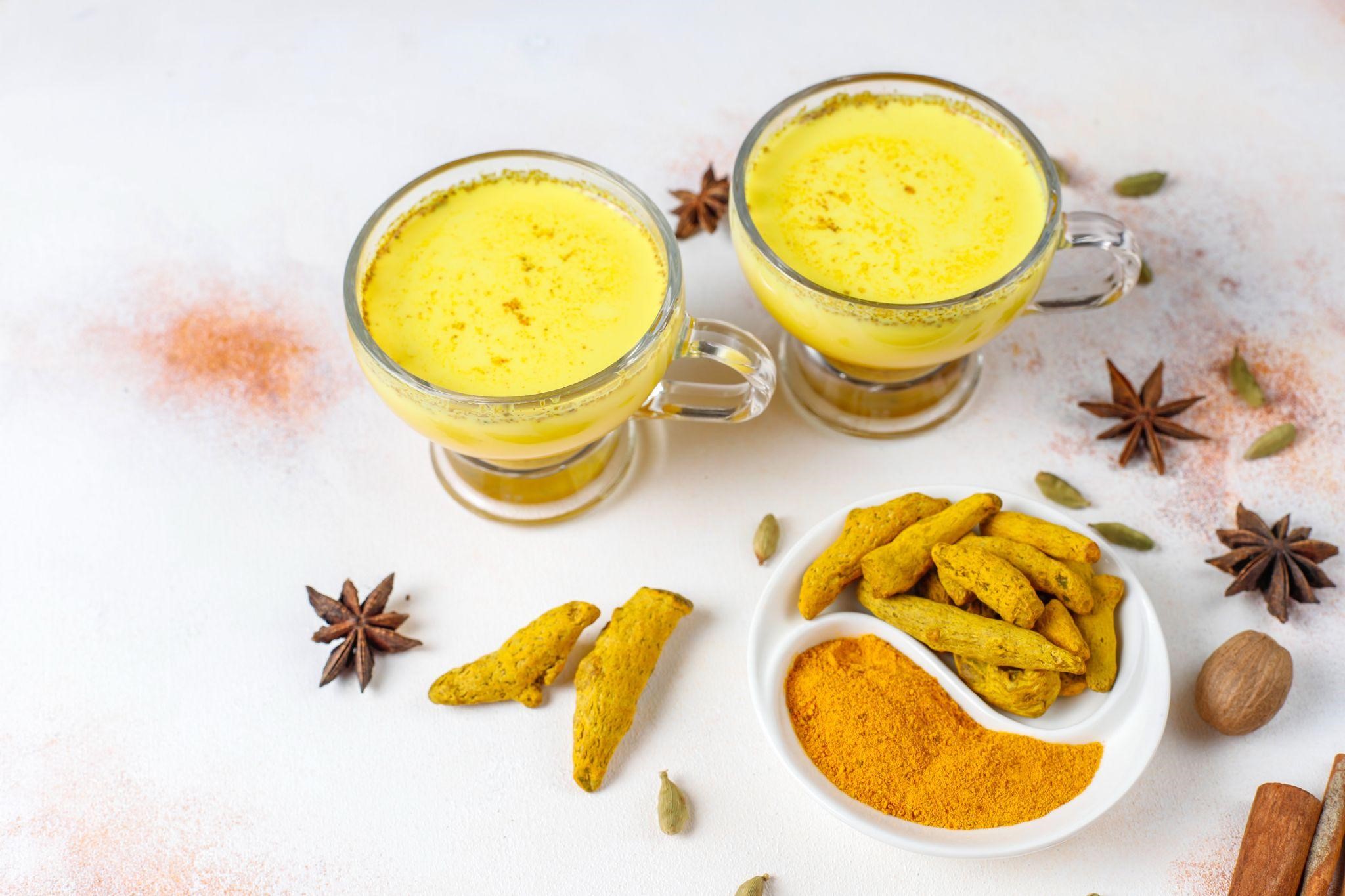Turmeric vs Curcumin: Which Should You Take?
As we all know that Turmeric is a well known spice and is used in every household in India. It has numerous health benefits and it is very effective nutrition ingredient with great efficacy
Turmeric has a very well known history since it is very commonly used as a medicinal purposes in treatment of some diseases , for boosting up the immunity in Indian households and also it is used in food preparation to give yellow colour to vegetables and curry
Turmeric consists of many ingredients but one of the most active ingredients is curcumin and many studies have proven that it has many health benefits for proper body and brain functioning. The nano curcumin extract capsules are easy to find in the market
In some studies it is also proved that the traditional claim for turmeric is true and can be considered as a medicinal herb because it consists of some effective compounds and these compounds are known as curcuminoids.
Curcumin has antioxidant and anti- inflammatory properties.
Turmeric and curcumin have many health benefits such as.
- It is highly beneficial in anti-aging and age related diseases.
As it has anti- inflammatory properties, it is highly beneficial for chronic diseases such as cardiovascular diseases in old age people or even in Alzheimer’s.
And oxidation and inflammation is highly beneficial in anti- aging
- Curcumin is very beneficial in anxiety and depression.
According to some research and experiment it has shown that those people who are having depression and taking curcumin have shown a high anti- depressing effect as it acts as a stimulator which boosts up the neurotransmitter and brain cells for proper functioning. Curcumin benefits can be observed easily in daily life.

- Curcumin is very beneficial for arthritis patients.
One of the most common problems that arthritis patients suffer from is joint inflammation.
As curcumin is anti- inflammatory so it is highly effective against joint inflammation
- Turmeric and curcumin have anti- cancerous and cancerous preventive properties.
At cellular level curcumin is very effective in beneficial changes that may lead in prevention of cancer by stopping the growth of carcinoma cells and also by reducing the growth of blood vessels in cancerous cells. Sometimes it may lead to death of cancerous cells.
- Good for cardio – vascular health.
As curcumin reduces the inflammation rate so it is very beneficial for maintenance of endothelial lining and for proper heart functioning. As endothelial dysfunction leads to heart attack and blood clotting.
It also maintain proper blood pressure and also help in decreasing the level of bad cholesterol
- Curcumin helps in treatment and prevention of diabetic patients.
- Curcumin also improves skin health.
As it is rich in anti-oxidant, anti-microbial and anti-inflammatory properties it helps in many skin diseases like eczema, dermatitis, psoriasis etc.
- Curcumin also helps in treatment of osteoarthritis as it has anti- inflammatory properties
- Turmeric protects body from free radicals that is enhances the proper body functioning
- Curcumin is also helpful in maintaining or preventing eye degeneration.
- Turmeric also helpful in viral infections and allergic reactions, cuts and wounds
Integrating turmeric and curcumin into your diet can be a flavorful and nutritious way to promote well-being. Here are various options to incorporate them into your daily routine:
- Cooking with Turmeric: Add ground turmeric to soups, stews, and curries for both color and flavor.
- Golden Milk: Prepare a comforting cup of golden milk by mixing turmeric with warm milk, a pinch of black pepper, and a sweetener of your choice.
- Turmeric Tea: Brew turmeric tea by steeping fresh or ground turmeric in hot water. Enhance the flavor with honey, ginger, or lemon.
- Supplements: Take turmeric or curcumin supplements, available in capsule or tablet form. Consult with a healthcare professional before adding supplements to your routine.
- Intravenous (IV) Drips: In some cases, medical professionals may administer curcumin through IV drips for therapeutic and efficiency purposes.

